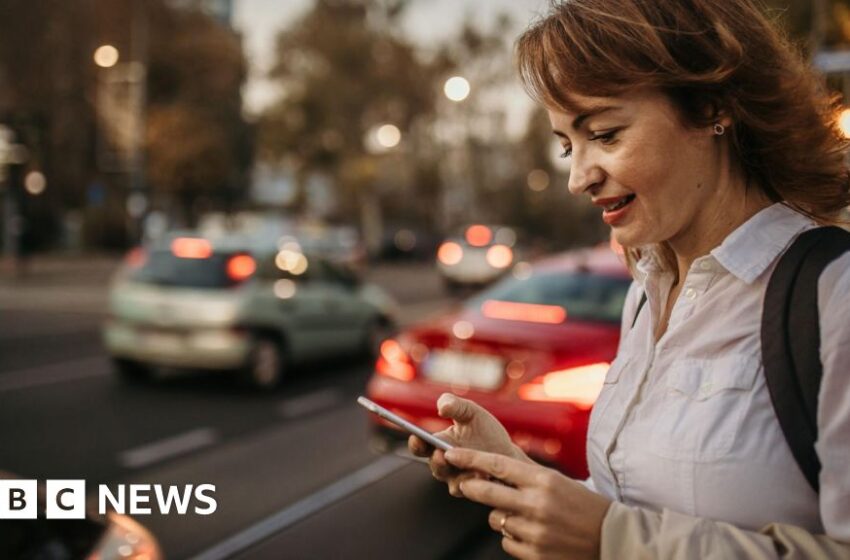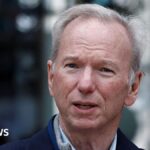No products in the cart.

[ad_1]
Mr Khosrowshahi said he understood that governments had broader things to consider around tariffs on electric vehicles, but saw Chinese-made vehicles as part of the solution.
“For us we want to electrify our fleet and we want to make sure that it is affordable for our drivers,” he said.
Price is one of the biggest obstacles to the broader take-up of electric cars.
Concerns over electric charging infrastructure have also contributed to EV sales stalling in many parts of the world.
Mr Khosrowshahi said he thought governments should be providing more support for the switch to electric, including in the UK, but he would like that support to be targeted at those who drive the most, such as Uber drivers, or for corporate fleets, rather than individuals.
“The Uber driver drives four to five times the miles of average drivers,” he said.
Carmakers are calling for subsidies to be more balanced between business and individual buyers to encourage demand more broadly.
The US and European Union (EU) argue the Chinese are unfairly subsiding their carmakers and have imposed tariffs – or import taxes – to bring prices of Chinese cars more into line with domestic manufacturers.
The UK has not imposed tariffs on Chinese-made cars.
Using tariffs to make Chinese cars more expensive for European and American consumers was “negative” for the planet, Mr Khosrowshahi said.
Without such tariffs, cars made by Chinese firms could potentially be supplied more cheaply to consumers in US and EU.
Uber also has a tie-up with Chinese carmaker BYD, the second-largest EV company after Elon Musk’s Tesla.
[ad_2]
Source link















